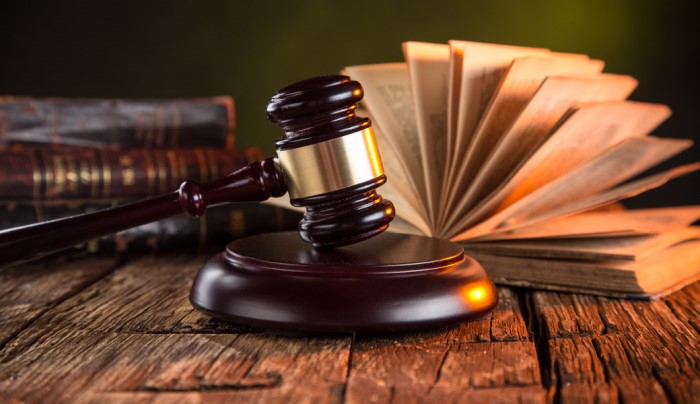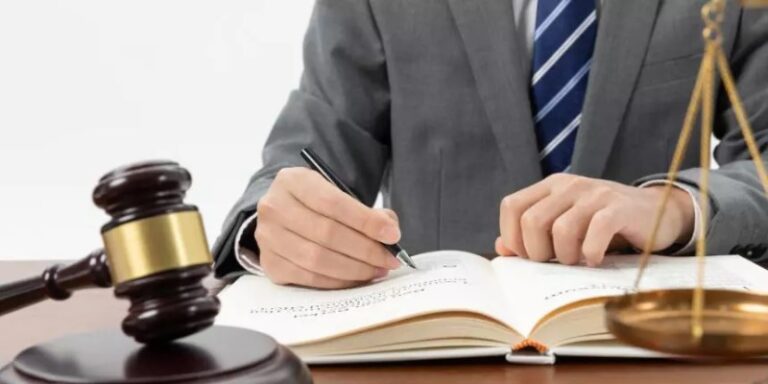Discover how Motorcycle Accident and Mental Health Services: Finding Support can aid in recovery. Learn about 7 strategies survivors use to navigate their mental health journey post-accident.
Introduction:
Motorcycle accidents can leave lasting physical and emotional scars. In the aftermath, survivors often struggle with mental health challenges. However, with the right support and resources, individuals can embark on a journey toward healing and resilience. In this article, we delve into how Motorcycle Accident and Mental Health Services: Finding Support plays a crucial role in aiding recovery. From therapy to support groups, survivors have various avenues to explore as they navigate the complexities of post-accident life.
Motorcycle Accident and Mental Health Services: Finding Support
Understanding Trauma:
Experiencing a motorcycle accident can be profoundly traumatic, leaving survivors grappling with fear, anxiety, and PTSD-like symptoms. Understanding the impact of trauma is essential for survivors to validate their experiences and seek appropriate support.
Therapy and Counseling:
Seeking professional therapy or counseling is a vital step in addressing the psychological aftermath of a motorcycle accident. Therapists trained in trauma-informed care can help survivors process their emotions, develop coping strategies, and regain a sense of control over their lives.
Peer Support Groups:
Connecting with fellow motorcycle accident survivors through peer support groups offers a unique form of validation and camaraderie. Sharing experiences, insights, and coping mechanisms in a supportive environment can foster a sense of belonging and reduce feelings of isolation.
Online Forums and Communities:
In addition to in-person support groups, online forums and communities provide a convenient platform for survivors to connect, share stories, and offer mutual support. These virtual spaces enable individuals to access support from anywhere, at any time, fostering a sense of community beyond geographical boundaries.
Holistic Wellness Practices:
Embracing holistic wellness practices such as yoga, meditation, and mindfulness can complement traditional therapy approaches by promoting relaxation, stress reduction, and emotional balance. These practices empower survivors to cultivate resilience and self-awareness as they navigate their healing journey.
Rehabilitation Programs:
Physical rehabilitation programs not only focus on restoring mobility and functionality but also address the psychological aspects of recovery. Integrating mental health support into rehabilitation efforts ensures a holistic approach to healing, promoting overall well-being and quality of life.
Legal and Financial Assistance:
Navigating the legal and financial aftermath of a motorcycle accident can exacerbate stress and anxiety for survivors. Seeking assistance from legal professionals and financial advisors who specialize in personal injury cases can alleviate some of the burdens, allowing individuals to focus on their recovery journey.
FAQs:
- What mental health challenges may arise after a motorcycle accident? After a motorcycle accident, survivors may experience a range of mental health challenges, including PTSD, anxiety, depression, and survivor’s guilt.
- How can therapy help motorcycle accident survivors? Therapy provides survivors with a safe space to process their emotions, develop coping skills, and regain a sense of control over their lives.
- Are there online support groups available for motorcycle accident survivors? Yes, there are numerous online support groups and forums where survivors can connect, share experiences, and offer mutual support from the comfort of their homes.
- What role do peer support groups play in the recovery process? Peer support groups offer validation, camaraderie, and shared experiences, fostering a sense of belonging and reducing feelings of isolation among survivors.
- Can holistic wellness practices benefit motorcycle accident survivors? Yes, holistic wellness practices such as yoga, meditation, and mindfulness can promote relaxation, stress reduction, and emotional balance, complementing traditional therapy approaches.
- How can legal and financial assistance support motorcycle accident survivors? Legal and financial assistance can help survivors navigate the complexities of insurance claims, medical bills, and legal proceedings, alleviating some of the burdens associated with the aftermath of an accident.
Conclusion:
Navigating the aftermath of a motorcycle accident can be daunting, but survivors are not alone. By accessing Motorcycle Accident and Mental Health Services: Finding Support, individuals can embark on a path toward healing, resilience, and reclaiming their lives. Whether through therapy, peer support, or holistic wellness practices, there are myriad resources available to support survivors on their journey to recovery.













+ There are no comments
Add yours